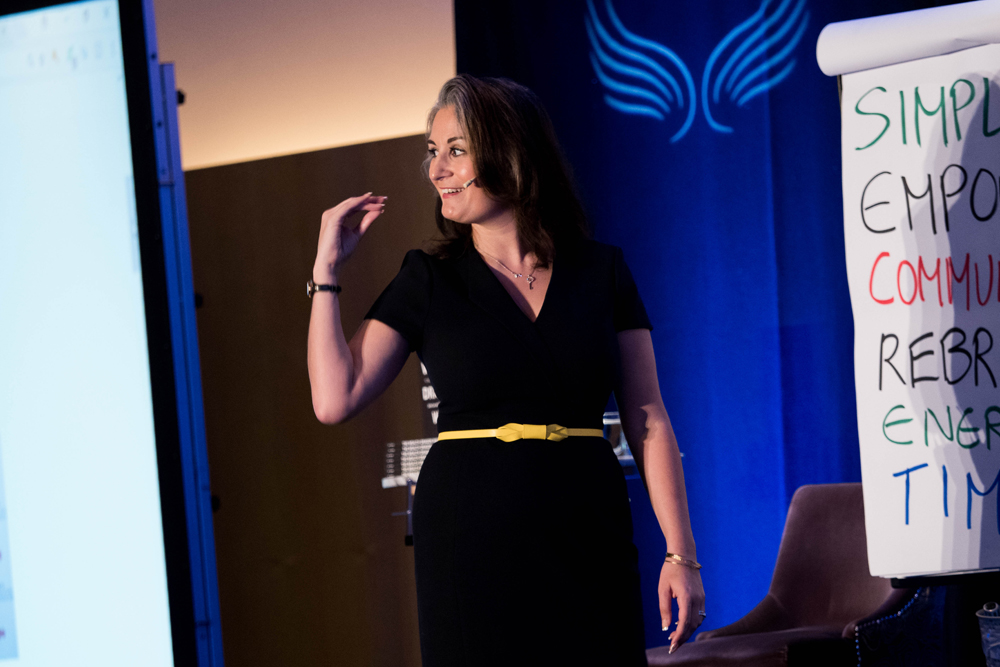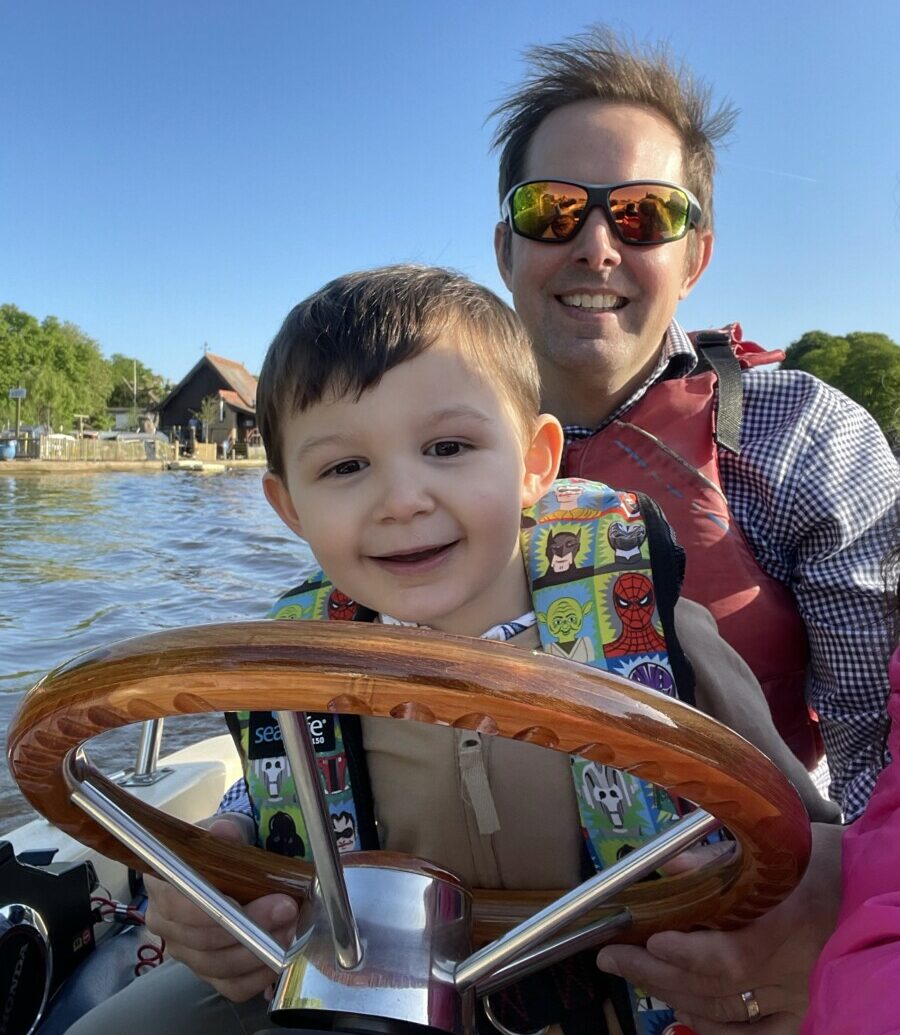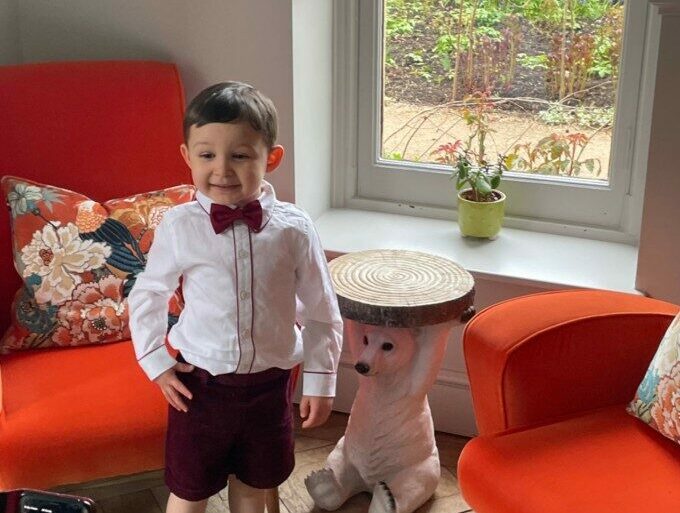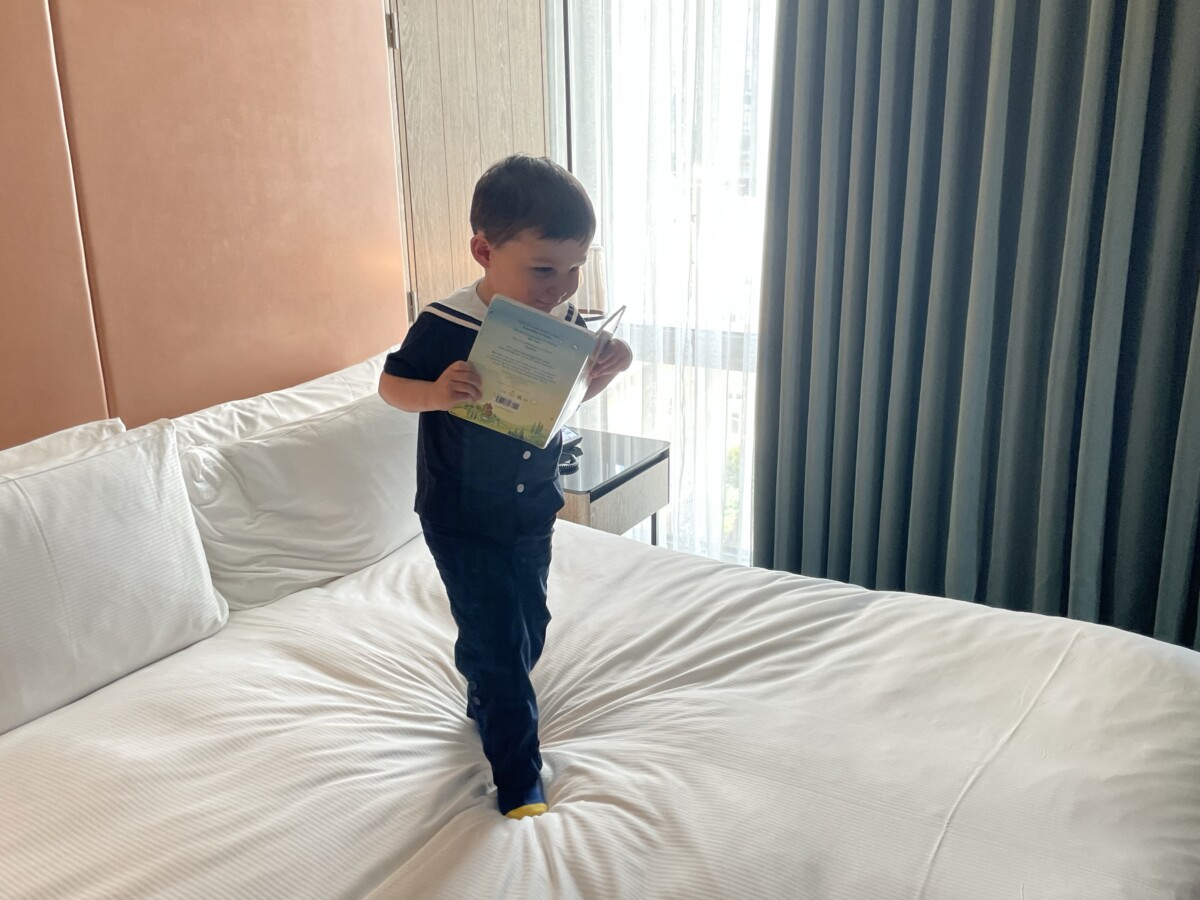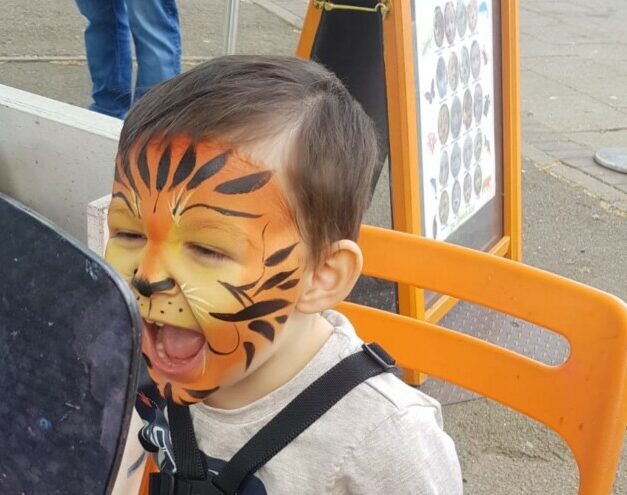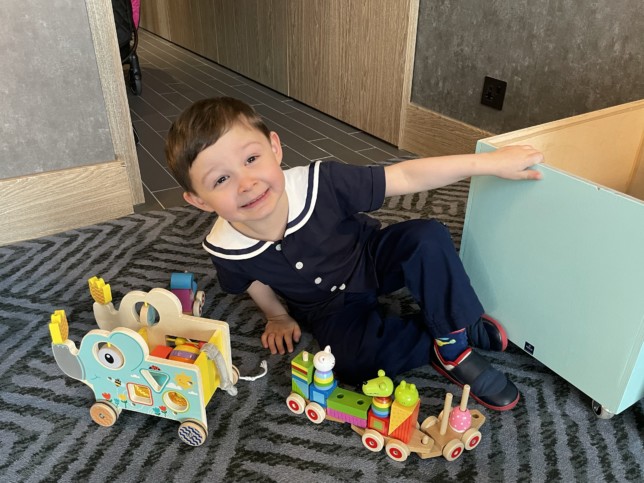Children can benefit from finance education at an early age. A study from the University of Cambridge, “Habit Formation and Learning in Young Children,” found that money habits are formed by age 7. Researchers share it’s important to start basic finance education by age 3.
Children pick up money habits quickly, so giving them the right direction is crucial.

- Start with basic currency literacy. A study from Yale University found that children can recognise and remember coins by the age of 3. Educate your children about the different coins and currencies. Consider teaching them about foreign currencies during vacations. This will expand their minds and help them learn more about the countries you’re visiting.
- Create money jars. Money jars are a fun and easy way to educate your child. You can create three types of money jars. Jars for spending, saving, and giving. Use the jars to cover the basic lessons of understanding how to use money. Teach your children how to use the three jars and why they’re important. Use the jars to separate money after birthday gifts or allowance payments. Children will learn how to save for the future. Use the giving jar for charities. Children will learn about giving and understand how they can help others with their money. They can donate the money to local animal shelters or food pantries.
- Use coupons. Coupons, loyalty cards and reward schemes can provide an important lesson on saving. Cut out coupons with help from your children and leave them in charge of handling the papers at the store. Let them be in charge of handing in the rewards cards, collecting the points and exchanging them for rewards, even if it is just collecting the free chicken in Nandos on their qualifying visit. According to the Children’s Financial Network, kids as young as 5 can benefit from learning from these methods. They will see how to save money and make wiser shopping decisions.
- Set a money goal. Children can set a money goal to purchase a favourite toy or another item. Money goals are an easy way to teach children financial patience. They also provide a lesson on how to save money. It’s important to set realistic goals, so children will be motivated to stay on a savings plan. If the toy they want is expensive, it can take a while to reach their goals. Will they stay interested? Picking smaller and less expensive targets is better.
- Go shopping. Let your children use their spend jars at the store to make purchases. Shopping provides an easy lesson setting. How will your children spend their money? Will they use their entire jars at one store or spread them out over many shopping trips? An outing to the local toy store also gives you the chance to discuss comparison shopping. Point out different prices on similar items and teach your children about finding inexpensive options. Evaluating the results of the shopping trip will help them understand their choices. How will they restock their spend jars?
- Use car boot sales or eBay to educate children about finances. These techniques can help you clean out your children’s rooms and teach them about money at the same time. Ask your children if they want to participate by selling their old toys or clothes to enable them to buy new ones. Help them select items they no longer use and find appropriate prices for them. They can use the experience to refill their money jars. Older children can help sell items at the sale. They can keep track of change and watch customers. This is also a valuable opportunity to learn about price negotiations with customers.
Finance education can begin before your children are in school. It’s important for them to understand basic money rules and form the right habits.
Unlock the key to educating your small children about money with our exclusive coaching packages! Tailored to meet your family’s unique needs, our offerings provide unparalleled support. With access to your dedicated coach 24/7 through our private feed and online journals, guidance is just a message away – even between sessions. Share your thoughts, problems, and achievements confidently, knowing your coach will respond promptly, with feeds checked multiple times throughout the day and beyond normal working hours. Say goodbye to uncertainty and hello to creating wonderful memories with your children while teaching them valuable financial lessons.
Don’t miss out on this opportunity to transform your family’s relationship with money! Choose your coaching package now and embark on the journey to a brighter financial future together!
Take your parenting skills to new heights by exploring our coaching courses below.
-
Solve It In 60From confusion to clarity in just one structured call
-
£175
-
> 10 Years Coaching Experience
-
Multi Decision
-
60-Minute Call Duration
-
Situation Statement
-
Follow Up Email
-
Suggested Answer
-
Goal GettersStay on track for long-term success
-
£297/month
-
> 6 Years Coaching Experience
-
1-Hour Coaching Call Every Month
-
60 Days Coaching Duration
-
3 Touchpoints Per Week
-
Online Coaching Feed
-
Free Online Course & Metrics
-
Quick DiveMove forward with purpose
-
From £80
-
7 days of online coaching feed
-
20 minutes of live calls included
-
Up to 5 touchpoints
-
£80 with Associate Coach
-
£125 with Senior Coach
-
£215 with Head Coach
-
Deep DiveMaster the art of getting things done
-
From £125
-
14 days of online coaching feed
-
30 minutes of live calls included
-
Up to 10 touchpoints
-
£125 with Associate Coach
-
£170 with Senior Coach
-
£260 with Head Coach






